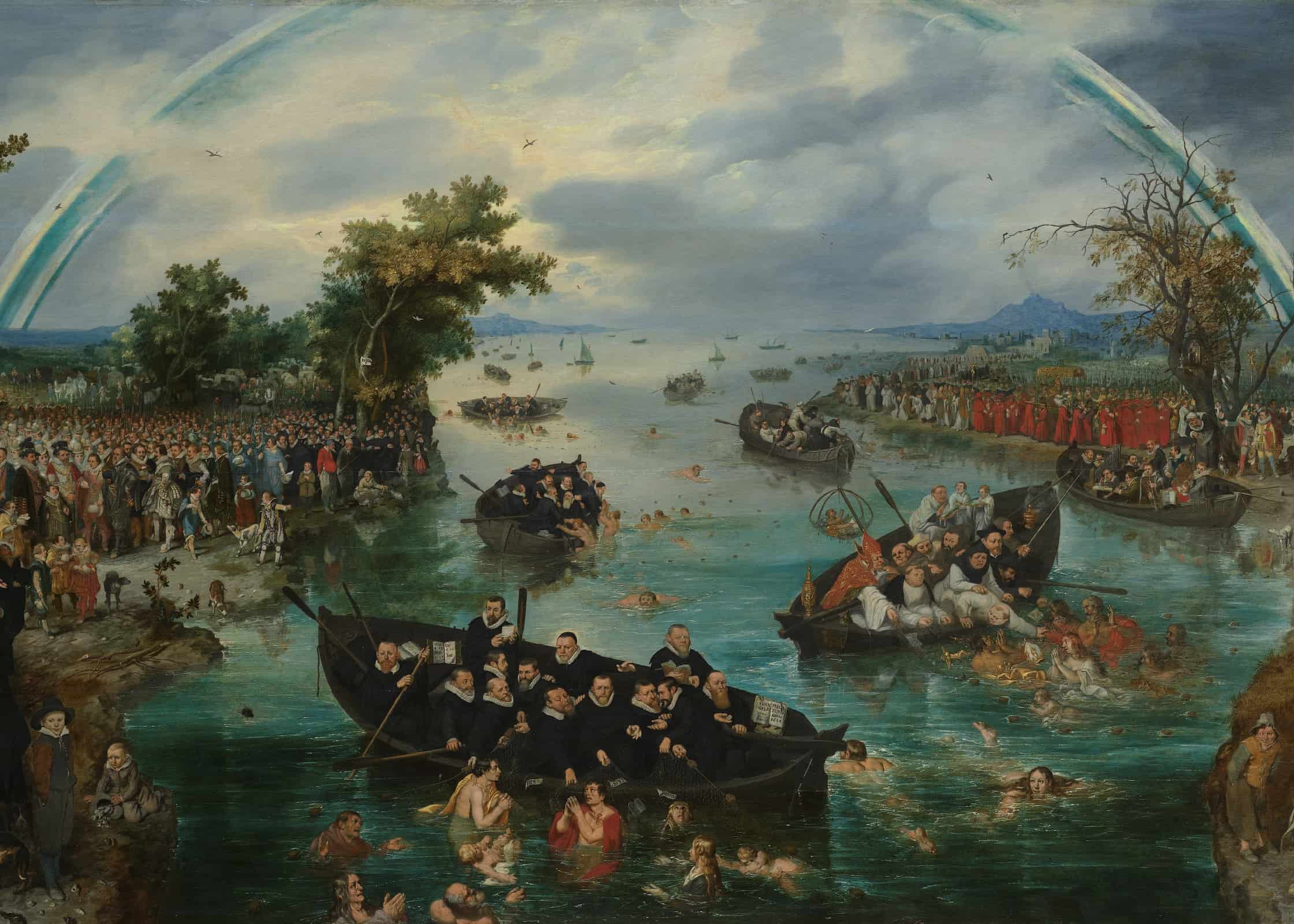
That we may escape the wrath and curse of God due to us by reason of the transgression of the law, he requireth of us repentance toward God, and faith toward our Lord Jesus Christ, and the diligent use of the outward means whereby Christ communicates to us the benefits of his mediation.
Although all are not to be permitted to read the Word publicly to the congregation, yet all sorts of people are bound to read it apart by themselves, and with their families: to which end, the holy Scriptures are to be translated out of the original into vulgar languages.
The holy Scriptures are to be read with an high and reverent esteem of them; with a firm persuasion that they are the very Word of God; and that he only can enable us to understand them; with desire to know, believe, and obey, the will of God revealed in them; with diligence, and attention to the matter and scope of them; with meditation, application, self-denial, and prayer.
The Word of God is to preached only by such as are sufficiently gifted, and also duly approved and called to that office.
They that are called to labor in the ministry of the Word are to preach sound doctrine, diligently, in season, and out of season; plainly, not in the enticing words of man’s wisdom but in demonstration of the Spirit, and of power; faithfully, making known the whole counsel of God; wisely, applying themselves to the necessities and capacities of the hearers; zealously, with fervent love to God and the souls of his people; sincerely, aiming at his glory, and their conversion, edification, and salvation.
It is required of those that hear the Word preached, that they attend upon it with diligence, preparation, and prayer; examine what they hear by the Scriptures; receive the truth with faith, love, meekness, and readiness of mind, as the Word of God; meditate, and confer of it; hide it in their hearts, and bring forth the fruit of it in their lives.
The Sacraments become effectual means of salvation, not by any power in themselves, or any virtue derived from the piety or intention of him by whom they are administered; but only by the working of the Holy Ghost, and the blessing of Christ by whom they are instituted.
A Sacrament is an holy ordinance instituted by Christ in his Church, to signify, seal, and exhibit unto those that are within the covenant of grace, the benefits of his mediation; to strengthen and increase their faith, and all other graces; to oblige them to obedience; to testify and cherish their love and communion one with another; and to distinguish them from those that are without.
The parts of a Sacrament are two: the one, an outward and sensible sign used according to Christ’s own appointment; the other, an inward and spiritual grace thereby signified.